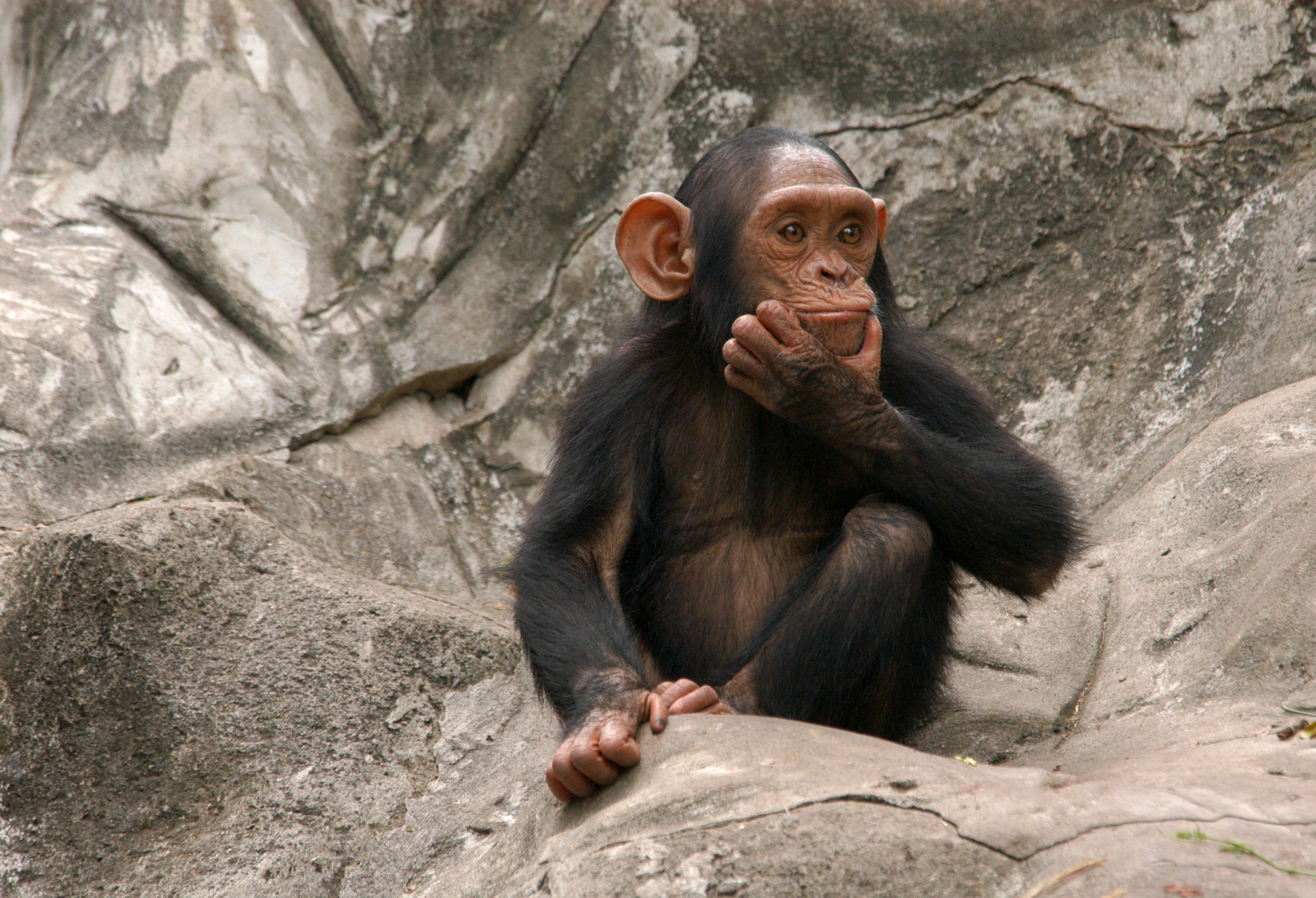Future Vaccine Development Relies on Primates in Short Supply

In a New York Times article released today, “Scientists say it is almost impossible to find a substitute [model] to test COVID-19 vaccines.” In addition, the shortage has increased the cost of NHPs over the past year, which has delayed many non-COVID-19 research. The chief executive of Bioqual, Mark Lewis, reinforces the critical role NHPs play in the biomedical research. Mr. Lewis mentions that important research studies surrounding COVID-19 “lost work because we [Bioqual] couldn’t supply the animals in the time frame.” He also said, “When the China market closed down, that just forced everyone to go to a smaller number of available animals.”
NABR President Matthew Bailey also speaks on the U.S. nonhuman primate (NHP) shortage. The development of COVID-19 vaccines has demonstrated the essential need of nonhuman primates. One reason NHPs are so important is because they share more than 90% of the same DNA as humans. The result of China’s export ban on nonhuman primates has greatly affected biomedical research in the U.S. including research on COVID-19 and Alzheimer's disease.
Mr. Bailey additionally discussed with the NYT the long-term effects the shortage will have on the development of future drugs and vaccines. Bailey is “preparing to raise the monkey shortage with the Biden administration. He said China’s decision to halt exports at the beginning of the pandemic was ‘likely a prudent emergency move,’ but he suggested that China could restart exports given what is now known about how the virus is spread,” the report said.
Access full text: https://www.nytimes.com/2021/02/23/business/covid-vaccine-monkeys.html
